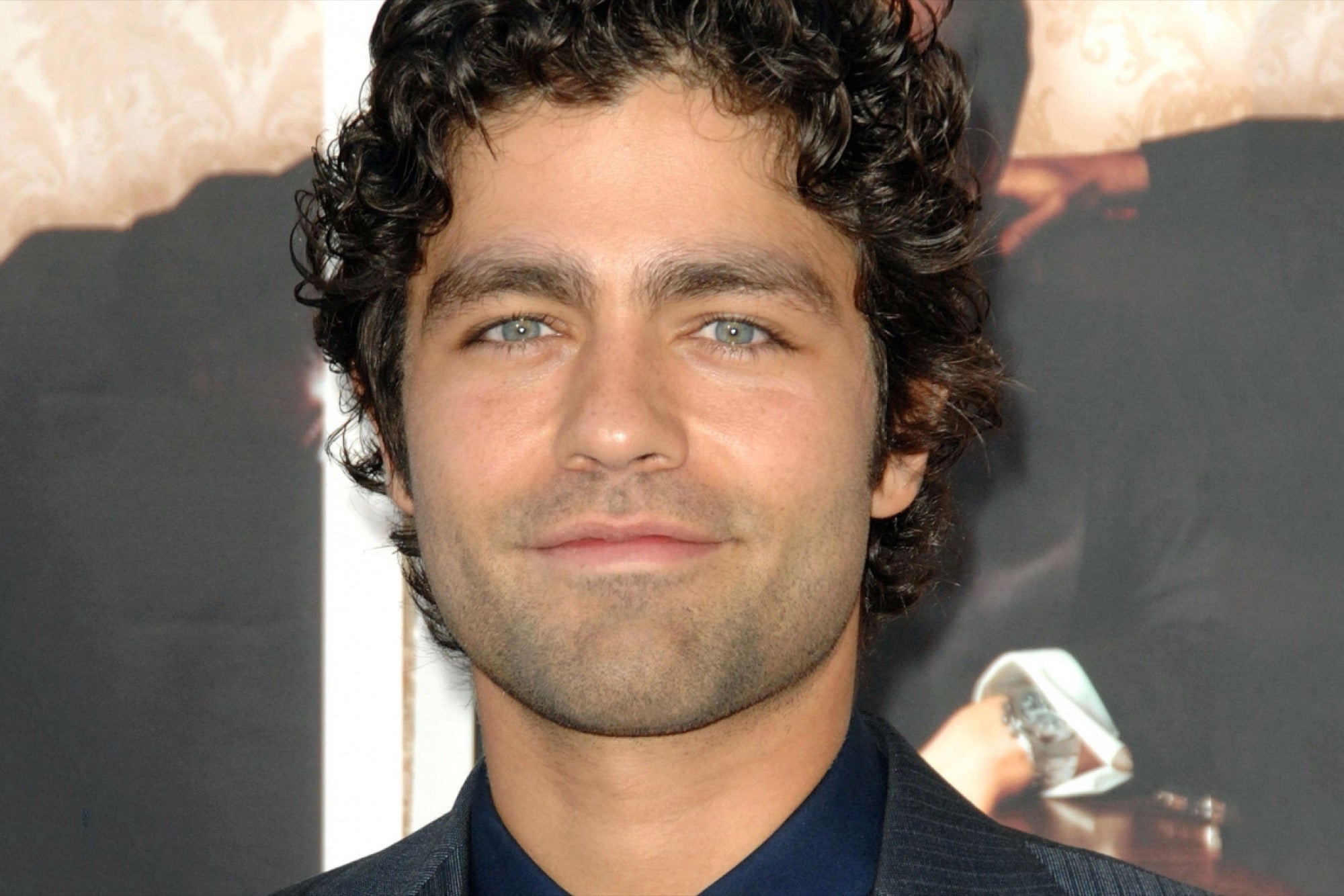For Actor Adrian Grenier, 'Social Entrepreneurship' Is More Than Just a BuzzwordA short Q&A with the Entourage star-turned-entrepreneur.
ByJason Fell•
Opinions expressed by Entrepreneur contributors are their own.

BERLIN --When you think of Adrian Grenier, the first thing that probably comes to mind is his role as Vincent Chase on HBO'sEntourage. Turns out he's also a producer, director and documentarian. And, yes, he has seriously dreamy eyes -- so says just about every woman I know.
But if you ask Grenier what he wants people to remember him for, he wants you to know that he's also an entrepreneur who tried to do some good for Planet Earth. I did just that, here in Germany at theDell Women's Entrepreneur Network Summit. Earlier this year, the tech company named Grenier its first-ever "social good advocate."
Related:Mike Rowe of Dirty Jobs on Filling the Skills Gap and Doing Social Good
2010年,明星共同生活方式品牌shft.com. It's a content platform that advocates sustainability through film, design, art and food. He also co-founded a Seattle-based brewery calledChurchkey Can Company. Opened in 2012, the company's tag line is "It's Worth the Effort." That's because in order to open a can, you have to use a can piercer, or "church key". (So very hipster-retro.)
I sat down for a quick chat with Grenier. What follows is a lightly edited version of our conversation.
Can you tell me a little about your role at Dell?
I've been asked to come aboard and be Dell's first social good advocate. I was very excited about that. It sounds very official. (Laughs.) But it's really a great opportunity for me to not only help Dell achieve some of theirLegacy of Good goals by 2020-- which includes a lot of upcycling and recycling as well as reclaiming of [electronic waste] and implementing it into new products -- and also creating some initiatives togther that help me achieve some of the gials that I've been working on. Namely, ocean work and helping the environment.
Where did your passion for the environment come from? When did it start?
Well, I was raised by a very strong, powerful, single mother who taught me to clean my room. When I was 8 years old I of course didn't want to clean my room but I had to. Otherwise, you know what happens -- you live in a messy room.
As I got older, those values stayed with me. I realized that my room is now my home and my neighborhood. As the world shrinks, we all start to realize that we are all connected, that we are all part of the same home.
How do you define "social entrepreneurship"?
To me, it's putting within the DNA of your entreprise social good. So when you build your company you're thinking about people, the planet, the environment, about communities. It's not just about the bottom line.
Related:Adrian Grenier: To Succeed, Entrepreneurs Must Have a Social Mission
Social entrepreneurship isn't an afterthought or a PR stunt. It shouldn't be. It's built within who you are as a company so that everything you do is for profit and for community and people. When you sit down with your shareholders and you say you spent a lot of money to do this really great thing, you don't need to show them that it directly affects the bottom line positively. They just accept it as part of who you are.
Why did you get into business?
I guess I got excited about the new entrepreneur who, like me, is independent and can do things differently. As a storyteller myself, there's a storytelling aspect to building businesses that transform lives and change the world and disrupt business as usual. The businesses that I've been involved in helping to start or create are all businesses that have a strong story and are fundamentally socially responsible.
Let's talk about women entrepreneurs. What are your thoughts about the gender gap in business?
I think we are underseved as a society because we don't support and invest in new ideas -- ideas that aren't just business as usual. Innovation often comes from people who are unheard. Women, over time, have not been given the opportunity to voice themselves. We haven't invested in their businesses enough. We certainly need to invest more not only in gender equality but also diversity in cultures. If we invest in ideas, and new ideas, I think it benefits all of us.
Related:U.S. Is No. 1 for Women Entrepreneurs, But There's Still Room for Improvement












